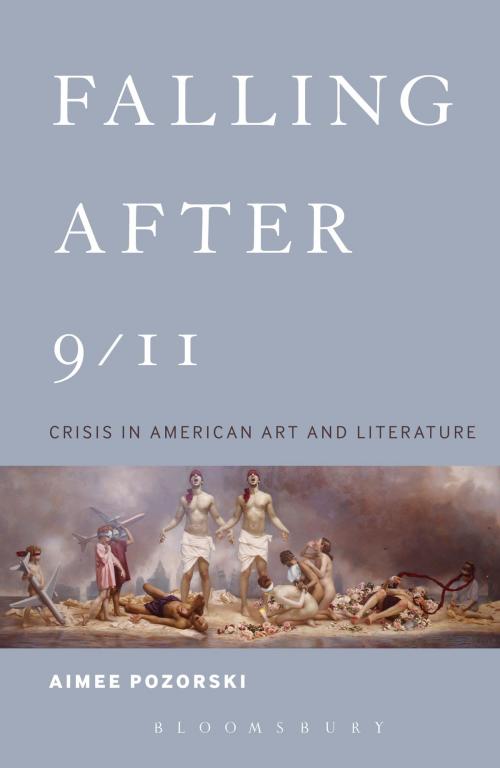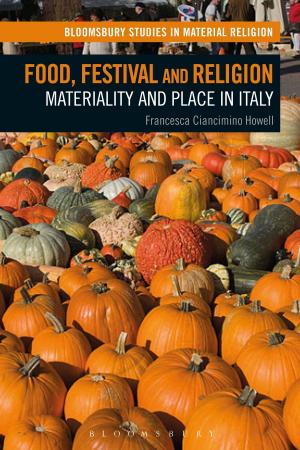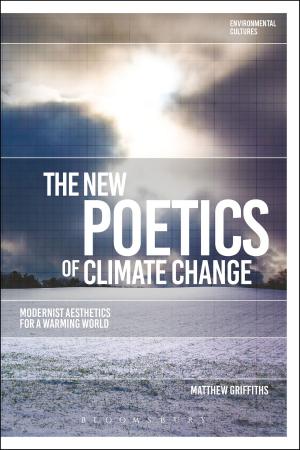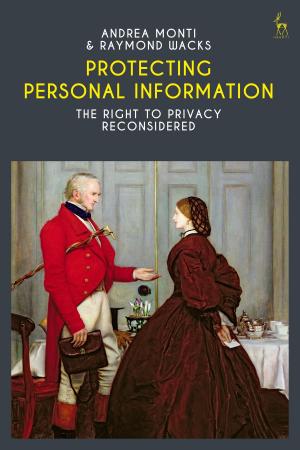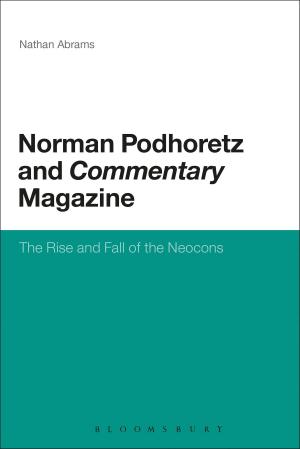Falling After 9/11
Crisis in American Art and Literature
Fiction & Literature, Literary Theory & Criticism, American| Author: | Dr. Aimee Pozorski | ISBN: | 9781628924428 |
| Publisher: | Bloomsbury Publishing | Publication: | October 23, 2014 |
| Imprint: | Bloomsbury Academic | Language: | English |
| Author: | Dr. Aimee Pozorski |
| ISBN: | 9781628924428 |
| Publisher: | Bloomsbury Publishing |
| Publication: | October 23, 2014 |
| Imprint: | Bloomsbury Academic |
| Language: | English |
Falling After 9/11 investigates the connections between violence, trauma, and aesthetics by exploring post 9/11 figures of falling in art and literature. From the perspective of trauma theory, Aimee Pozorski provides close readings of figures of falling in such exemplary American texts as Don DeLillo's novel, Falling Man, Diane Seuss's poem, "Falling Man," Jonathan Safran Foer's Extremely Loud and Incredibly Close, Frédéric Briegbeder's Windows on the World, and Richard Drew's famous photograph of the man falling from the World Trade Center.
Falling After 9/11 argues that the apparent failure of these texts to register fully the trauma of the day in fact points to a larger problem in the national tradition: the problem of reference-of how to refer to falling-in the 21st century and beyond.
Falling After 9/11 investigates the connections between violence, trauma, and aesthetics by exploring post 9/11 figures of falling in art and literature. From the perspective of trauma theory, Aimee Pozorski provides close readings of figures of falling in such exemplary American texts as Don DeLillo's novel, Falling Man, Diane Seuss's poem, "Falling Man," Jonathan Safran Foer's Extremely Loud and Incredibly Close, Frédéric Briegbeder's Windows on the World, and Richard Drew's famous photograph of the man falling from the World Trade Center.
Falling After 9/11 argues that the apparent failure of these texts to register fully the trauma of the day in fact points to a larger problem in the national tradition: the problem of reference-of how to refer to falling-in the 21st century and beyond.
